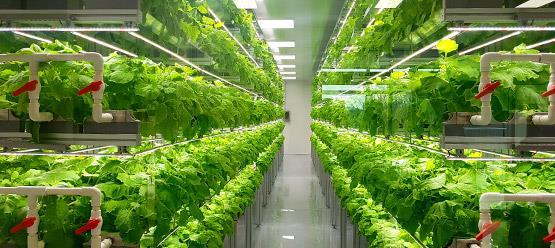The development of autonomous culture stimulated by the health crisis
All countries
Thursday 04 June 2020
The prospects for the future are excellent for autonomous culture.
The COVID-19 pandemic has brought about major changes in workplace behavior everywhere, including social distancing. The health crisis has shown the importance of digital tools and their use for crops will greatly increase.
GreenTech, the platform for all professionals involved in horticultural technologies, asked if COVID-19 would have an effect on the prospects for autonomous cultivation.
Autonomous culture and robotics are important subjects at WUR (Wageningen University and Research). Currently, the 2nd Autonomous Greenhouse Challenge is underway. Several teams must remotely manage part of the WUR greenhouses at the Bleiswijk research site. The objective is to obtain the best possible return, using the least possible human intervention and with the least possible resources, such as energy. Artificial intelligence, data and algorithms are essential.
According to industry professionals, the demand for this type of digital tools and resources is already growing rapidly, but the health crisis will give an additional boost. "You can control a lot of things in your greenhouse remotely using cameras, sensors and data. In the potted plant industry, nobody is seen in greenhouses these days. Growing vegetables "has not yet reached this level, but there is a lot of interest in these developments," said Silke Hemming, research manager at WUR.
Autonomous culture can be divided into 3 stages: detection (sensors), analysis (AI) and action (robotics). Development helps professionals get good results faster. Although the health crisis has slowed down a few projects around the world, the prospects for the future are excellent.
Read the article here.





